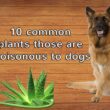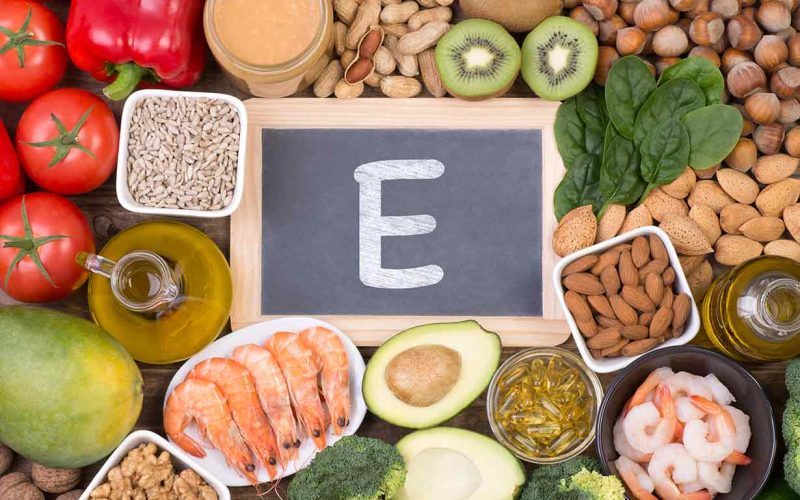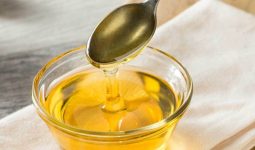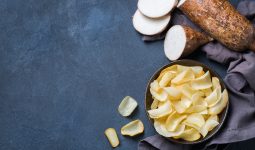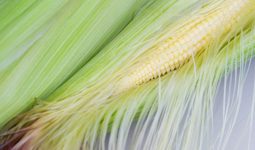The term “vitamin E” is used to describe a total of eight different compounds. Of all eight compounds, alpha-tocopherol is the most active in humans.
Some of the things Vitamin E helps to do is to maintain healthy eyes and skin, and also strengthen the body’s natural defence (the immune system) against illness and infections.
Good sources of vitamin E
Vitamin E can be derived from a wide range of foods.
Good sources of vitamin E include:
- Plant oils – such as corn, soya, and olive oil
- Dry roasted sunflower seeds, 1 ounce (oz.), provides a total of 7.4 mg of vitamin E
- Wheatgerm – found in cereals and cereal products
- Nuts and seeds
- Dry roasted hazelnuts, 1 oz., provides a total of 4.3 mg of vitamin E
- Dry roasted peanuts, 1 oz., provides a total of 2.2 mg of vitamin E
- Dry roasted almonds, 1 oz., provides a total of 6.8 mg of vitamin E
- 1/2 cup of chopped and boiled broccoli, provides a total of 1.2 mg of vitamin E
- Kiwifruit, 1 medium-sized, provides a total for 1.1 mg of vitamin E
- 1/2 cup of sliced mango, provides a total of 0.7 mg of vitamin E
- Raw tomato, 1 medium-sized, provides a total of 0.7 mg of vitamin E
- 1/2 cup of boiled spinach, provides a total of 1.9 mg of vitamin E
How much vitamin E do I need?
Vitamin E is wonderful for your health, but there is a limit to the amount of it you can consume.
The amount of vitamin E needed per person is:
- 4mg a day for adult males
- 3mg a day for adult females
You should not find it difficult to get all of the vitamin E you need in a day from your diet.
You do not have to worry whenever you feel like you have enough had more than your daily requirement of vitamin E from your food.
Any excess vitamin E that is not immediately needed by your body is stored up for later use, which means that you don’t need to have it in your diet on a daily basis.
What happens if I take vitamin E in excess?
There is not enough proof to suggest what the side effects of taking high doses of vitamin E supplements daily might be.
What are The Benefits of Vitamin E
Vitamin E has lots of benefits, below are just a few you might find interesting.
1. Antioxidant
Did you know that vitamin E is an antioxidant? your cells are glad whenever you have this vitamin because It may help to protect them from damage.
Like we have mentioned earlier, this vital nutrient occurs naturally in different foods. If you are not sure you’re getting enough of it from your food, It is also available for purchase as a dietary supplement.
You can sometimes, find it in processed foods. Vitamin E is not a water-soluble vitamin, it is a fat-soluble one. This means that your body stores the excess and uses them as needed.
2. Longer cell life
You’ve probably noticed rust on your metal home appliances, bike or car. It may seem strange, but a comparable process of oxidation, as well as accelerated ageing, takes place in the human body when your cells are exposed to harmful molecules known as free radicals.
These free radicals cause the weakening and break down of healthy cells. These free radicals may also contribute to cancer and heart disease.
Free radicals spring up as a result of some normal body processes. These free radicals cause damage that may shorten the life of cells.
The good news is that vitamin E is a wonderful antioxidant that may help to reduce damage caused by free radical and slow the ageing process of cells, per the National Institutes of Health (NIH).
More studies
Researchers have done a few investigations on the use of vitamin E as a treatment for quite a number of degenerative diseases and conditions, which includes:
- High blood pressure
- Hardening of the arteries
- Cancer
- Heart disease
Research so far has not been able to show a reduction in the incidence of the above-named conditions.
There is still a lack of proven medical uses for this vitamin aside from the treatment of vitamin E deficiency, which happens to be a very rare condition.
Extra protection
Vitamin E may be of help to people who are exposed to higher lifestyle or environmental risk factors. We mentioned free radicals before now, and these free radicals are increased by:
- exposure to air pollution
- cigarette smoking
- high exposure to ultraviolet rays from direct sunlight
- Vitamin E may help with the repairs of damaged cells.
It is quite difficult to consume vitamin E in excess from your regular diet. Bear in mind also that it is neither harmful nor risky to get vitamin E from any food sources.
When using vitamin E supplements: make sure not to go overboard
While it is very unlikely to overdose on food-based vitamin E the NIH has reported that consuming high doses of vitamin E in the form of a supplement can lead to some serious side effects.
One of the serious side effects that an overdose can cause is a higher risk of hemorrhagic stroke.
Dosages in supplements should not go past 1,000 international units (IUs) in a day if you are using any kind of synthetic supplements. For ages 14 and up, the recommended daily allowance (RDA) is 15 milligrams (mg).
The label of your vitamin E supplement
There are two types of vitamin E available as supplements, and they are the natural form, which is called d-alpha-tocopherol and the synthetic form, which is known as dl-alpha-tocopherol. The natural form of vitamin E is slightly more biologically active.
This is the reason why the RDA of the natural form is 22.4 IUs, while the RDA of the synthetic form is 33.3 IUs.
When making a purchase, check the label on the container to determine which form of vitamin E you are about to buy. Information written on the label may be able to help you get the appropriate dosage.
Extra vitamin E
One of the easiest ways to get enough vitamin E in your diet is to include at least one tablespoon of wheat germ oil to your cooking recipe. As an alternatively, you can chew on some sunflower seeds.
This will provide you with over 20 mg of vitamin E, and that is wag more than a full day’s vitamin E requirement.
Make a spinach salad or kale, and throw in some hazelnuts to enjoy a crunchy boost of vitamin E. If you decide to get creative, it will help you to reap the many vitamin E benefits from your diet.
What exactly does the Department of Health and Social Care advise for vitamin E consumption?
It should be possible to get the right amount of vitamin E from the food you eat.
If you have to take vitamin E supplements, make sure you do not take too much of it as this may be harmful. Taking a maximum of 540mg or less in a day of the vitamin E supplement is less likely to cause any harm to you.
Vitamin E is a nice addition to soaps and body lotions because of its wonderful skin health benefits.
Please share with us whatever opinions or additions you may have in mind by leaving a comment below.


